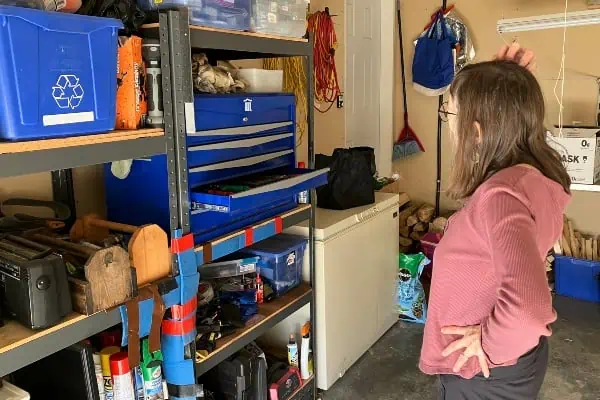Could you please teach my son some self-discipline? He seems to be hitting people at school and I need help dealing with this type of behaviour.
My child is always talking back to me and can’t seem to stop getting into trouble at school. Can you help?
My daughter has no self esteem and is being picked on. Will karate help her?
These are questions I have been asked year after year by parents seeking to help their children or even themselves.
I even remember an old high school teacher coming to me to discuss his own lack of control and wondering if this training would help.
My immediate thought has often been that this type of discipline, either for children or adults, needed to have started at home long before enrolling them in a martial art.
However, it is understandable that many people think that Karate (aka Empty Hands) can instill qualities such as self control, anger management, civility and good social skills.
However, it is a little too simplistic to believe that Karate or some other martial art is some sort of magic therapy that will instill qualities we all want to see in our children.
What influences a teacher has on their students can be very profound. But it is not the kicking-punching-throwing that is important in this, it is what the instructor says and does both as a teacher and a human.
Lessons about values can just as easily be taught through flower arranging or painting or fishing and hunting.
In order for those qualities to be taught, the teachers have to insure they are part of the training. This does not mean winning and losing, which is so prevalent in our psyche, but values that help people deal with everyday challenges and life experiences.
In Shotokan Karate, most clubs still recite the Dojo Kun. “Seek perfection of character” is the first of five precepts said by all students and teachers.
What does that mean and why is it said? Okasaki Sensei, from Philadelphia, has written a very good book on this as well as the other four precepts which are, “Be faithful”, “Respect others”, “Endeavour” and “Refrain from violent behaviour”. For him, the practice of martial arts is all about these and not winning losing, kicking and punching.
Aikido also emphasizes dealing with conflict in a harmonious way.
Tai Chi, with its serene practice and movements, can aid people to learn calmness.
Yet if the classes do not contain teachings to help in interpersonal skills, people should not expect anything other then how to kick or punch or throw someone better.
People looking for guidance for their children or themselves need to look closely at what is really being taught in many of the martial arts schools and what is emphasized in the classes.
If what you seek goes beyond technique, then maybe those values you want will be there. If it is just for self defence or for the sport of it, then go to groups that focus on that. You need to be the judge.
Todd Hardy has studied and taught a variety of martial arts over 38 years and trained with many people from around the world. Would you like to comment on what you read here? Contact him at [email protected].




